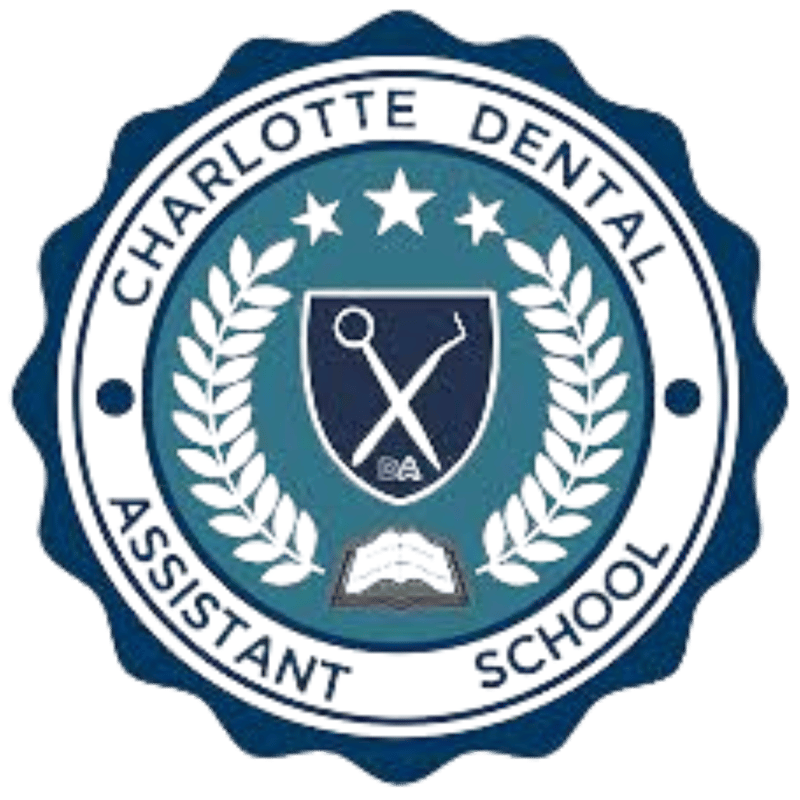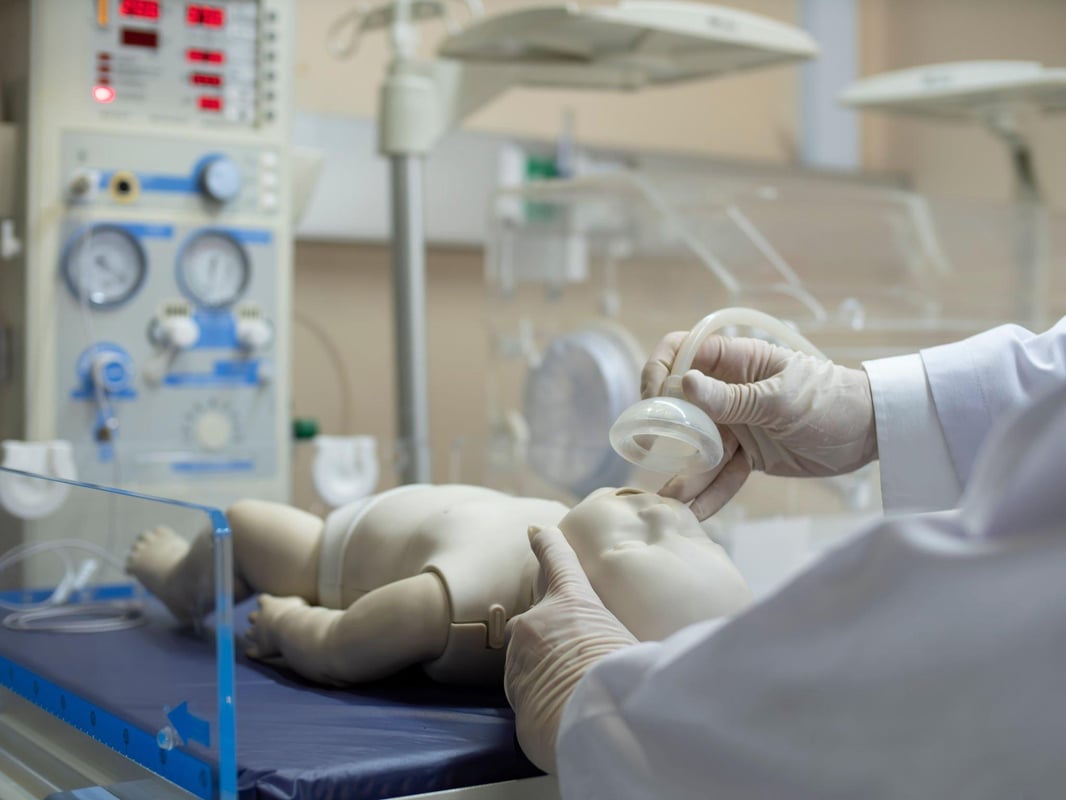
Financial aid (may be available)

$450 to start
$3,650 total

Financial aid (may be available)

Financial aid (may be available)
$276 total
$2,075 total
$270 total
$410 total
$365 total
$150 total
No cost info
$285 total
$150 total
No cost info
If you are seeking Pediatric Advanced Life Support (PALS) classes in Charlotte, you are on a commendable path towards enhancing your medical skills and expertise. This blog post aims to guide you through what PALS is, the training requirements, what to look for in a class, what to expect from day-to-day classes, the certification process, and how to find related jobs. We will also explore what other classes you can take after becoming certified in Pediatric Advanced Life Support.

Pediatric Advanced Life Support, commonly known as PALS, is a series of protocols and procedures specifically designed to guide resuscitation and emergency cardiovascular care in children. It is a crucial skill for healthcare providers who may be tasked with providing critical care interventions to children and infants. A PALS certification demonstrates your ability and readiness to respond to life-threatening emergencies in the pediatric population.
The prerequisites for PALS training typically include a current Basic Life Support (BLS) certification and a firm understanding of various medical topics such as:
Basic electrocardiography (ECG) interpretation
Understanding of the Pediatric Advanced Life Support System
Familiarity with emergency response procedures
These requirements ensure that all participants are equipped with the foundational knowledge needed to effectively learn and apply advanced life support techniques.
When choosing a PALS class, there are several factors to consider:
Accreditation: Ensure the course is accredited by a recognized institution or organization, such as the American Heart Association (AHA).
Experienced Instructors: The instructors should be experienced in the field and capable of effectively teaching the course material.
Hands-on Training: Practical, hands-on training is a crucial part of PALS classes. Ensure the course offers ample opportunities for practical application.
Class Size: Smaller classes often provide better interaction and individual attention from instructors.
Day-to-day PALS classes typically involve a mix of lectures, interactive discussions, and practical sessions. Students learn various techniques for pediatric assessment, basic life support, effective resuscitation, and team dynamics during emergency situations. Practical sessions often involve role-playing and simulation of emergency scenarios to apply learned skills.
The PALS certification process typically involves the completion of coursework, a written exam, and a skills assessment. After successfully passing these evaluations, the student is awarded a PALS certification card, which is typically valid for two years.
Upon obtaining your PALS certification, you can pursue job opportunities in various healthcare settings, including hospitals, emergency medical services, and pediatric care centers. Online platforms like Dreambound are excellent resources for finding job opportunities in related fields in North Carolina.
After obtaining a PALS certification, you may consider pursuing other related classes to enhance your skillset further. Some of these may include:
Advanced Cardiovascular Life Support (ACLS) Certification: This course expands on the basics of life support to cover the management of cardiac arrest and other cardiovascular emergencies.
Neonatal Resuscitation Program (NRP) Certification: This focuses on the unique resuscitation challenges posed by newborns and infants.
Emergency Nursing Pediatric Course (ENPC) Certification: This provides specialized knowledge and skills for nurses caring for pediatric patients in emergency situations.
Continuing education is crucial in the healthcare field, especially for those in emergency care. Regularly updating your knowledge and skills ensures that you are prepared to provide the best possible care to your patients.
Technology has increasingly become an integral part of PALS training. Advanced simulation tools offer realistic, hands-on training experiences, enhancing learning outcomes and fostering confidence in handling real-life emergencies.
PALS certification can significantly impact your career advancement. It not only enhances your resume but also demonstrates your commitment to providing high-quality care, which can open doors to more advanced roles within healthcare.
Effective teamwork is a cornerstone of successful pediatric advanced life support. It ensures seamless communication and coordination during emergencies, ultimately improving patient outcomes.
Pursuing a PALS certification in Charlotte is a significant step towards enhancing your career in healthcare. With numerous training programs available, you can find one that suits your needs and career goals. As you embark on this journey, remember that the ultimate goal is to enhance your ability to save lives and make a difference in the healthcare field.
Remember to check out related articles on how to become a certified medication aide in North Carolina, how to become a psychiatric technician in North Carolina, and how to become a physical therapy technician in North Carolina for more information on vocational training programs in the healthcare field.
Navigate the certification journey in this field with Dreambound's detailed guides, each crafted for various cities. For a deeper understanding of the process in other states, our additional guides may be able to help.
Exploring a variety of professional opportunities? Dreambound has many extensive guides to help you make informed decisions. Check out these guides:
Dreambound's platform allows prospective students to find the right educational program for them through searching, filtering, and connecting with our extensive selection of career & technical education partners.
Dreambound has over 70 programs across healthcare, technology, business, and industrial trades. This includes programs such as Medical Billing, Cybersecurity, and welding.
Some of our schools offer financial aid for those who qualify. Many others offer payment plans, where you can pay the cost of class over time.
Yes, Dreambound offers many online programs. On Dreambound's search, you can filter by online, in-person, and hybrid (part online, part in-person).
Dreambound is completely free for you to use! We are supported by schools and organizations who pay to advertise on our website, so we can offer all of our career resources for free.